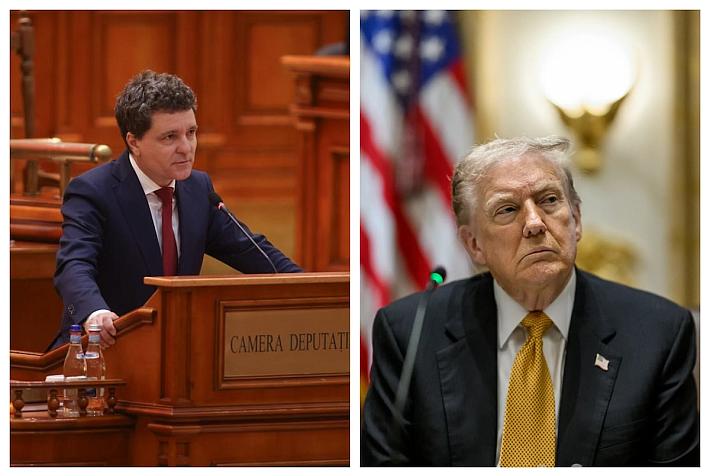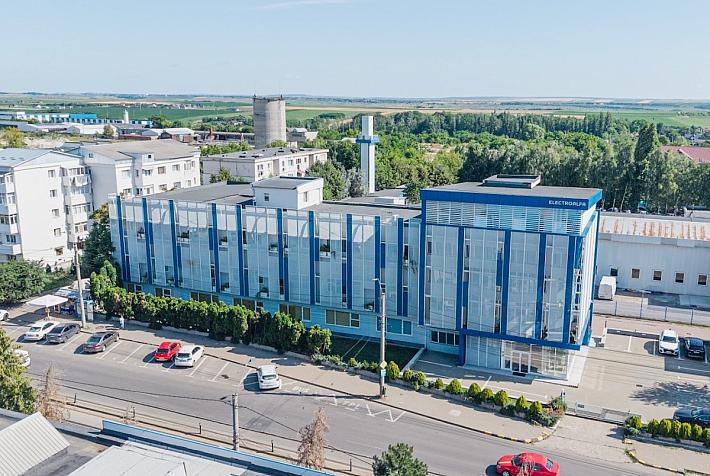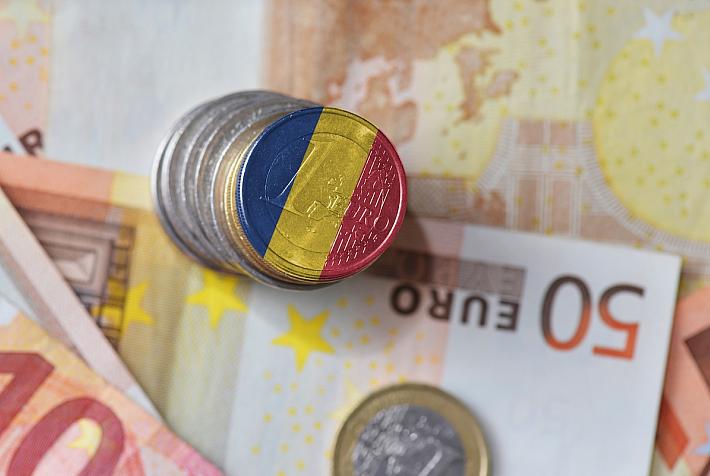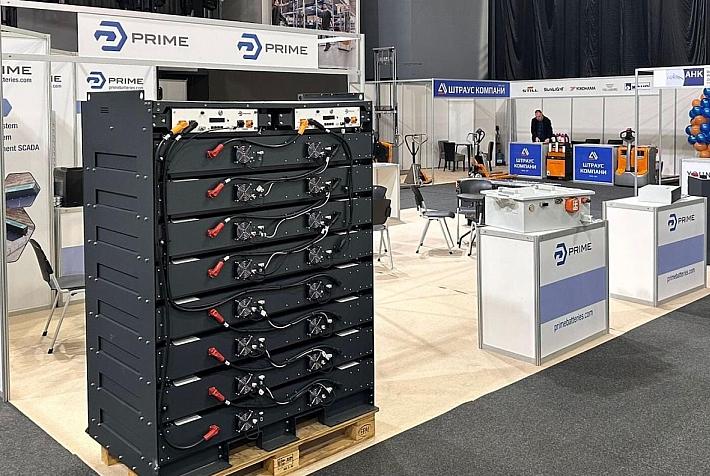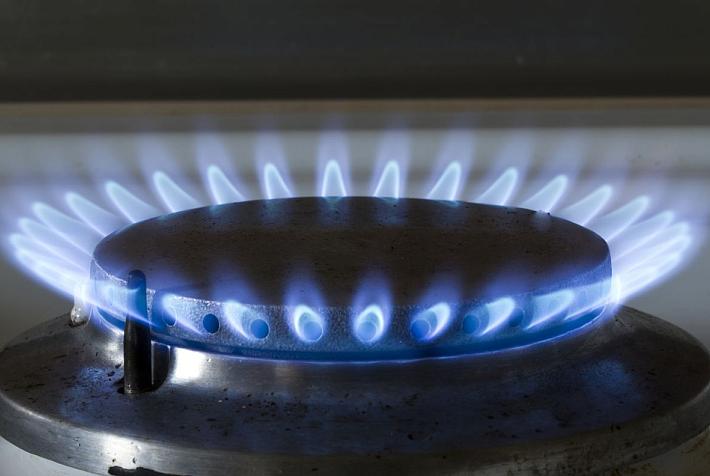Romanian gas suppliers can’t secure contracts with Gazprom
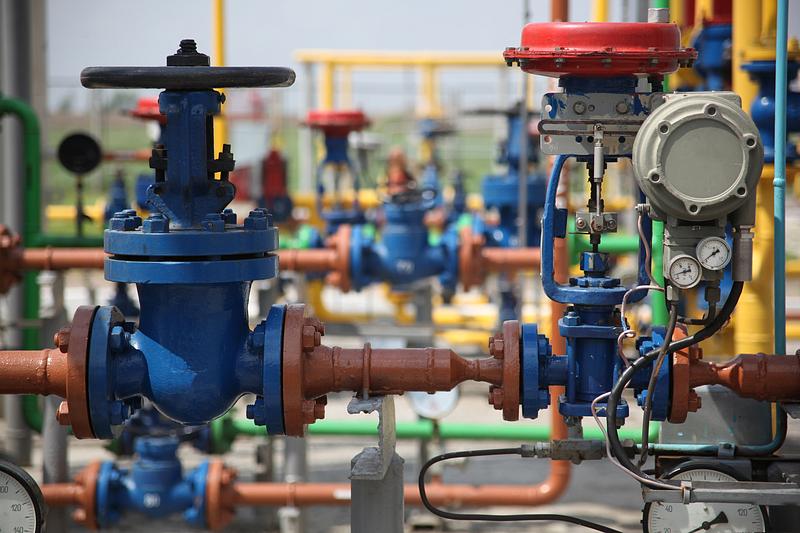
Romanian natural gas supply companies such as E.ON and Engie, at this moment, can import gas from Gazprom only under short-term (one-month) contracts, according to Elena Alexandru, a member of the board of the association of energy suppliers AFEER, quoted by Economica.net.
Russia has changed the routes used for its deliveries to Europe, and it abandoned sending gas through Ukraine (and Romania) to the southern part of the continent since it completed South Stream to Turkey, she explains.
Furthermore, Hungary imports gas through Serbia rather than Romania, which makes Romania a country that is relatively far from the major routes used by Gazprom.
Alexandru also mentions the volatile markets in Europe, where the spot prices are moving according to the messages coming from Russia. But this still doesn’t explain why Romania can’t get longer-term contracts with Gazprom.
A fair understanding of the big picture would be that Gazprom (Russia) is using and possibly encouraging volatility and high spot prices (helped by circumstances) to return to the policy of long-term contracts with European partners - a policy that Europe wanted to be replaced with spot trading.
“The practice of our European partners has confirmed it once more that they made mistakes,” Russian President Vladimir Putin told a televised government meeting on October 6, CNBC reported.
(Photo: Oleg Gerasymenko/ Dreamstime)
andrei@romania-insider.com







